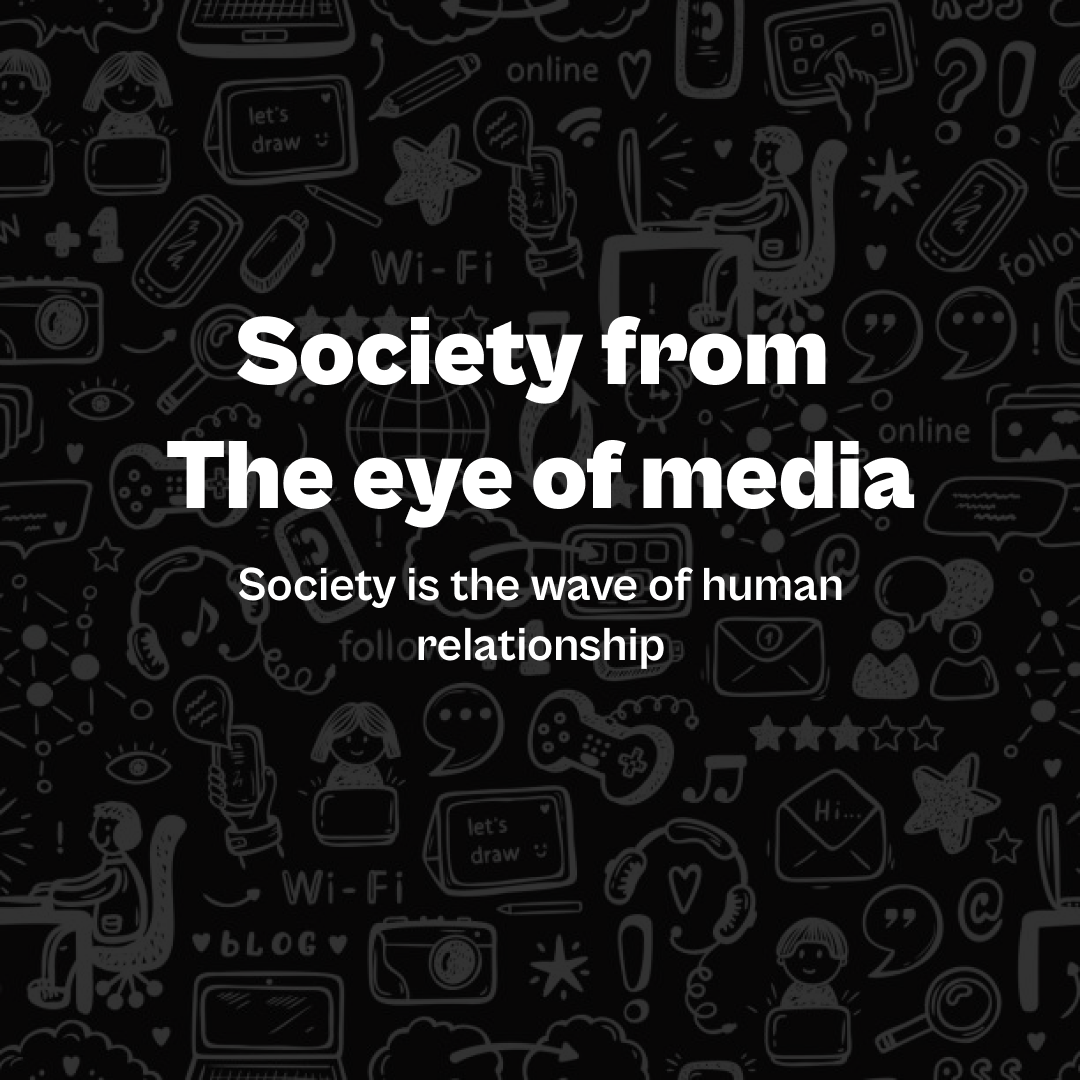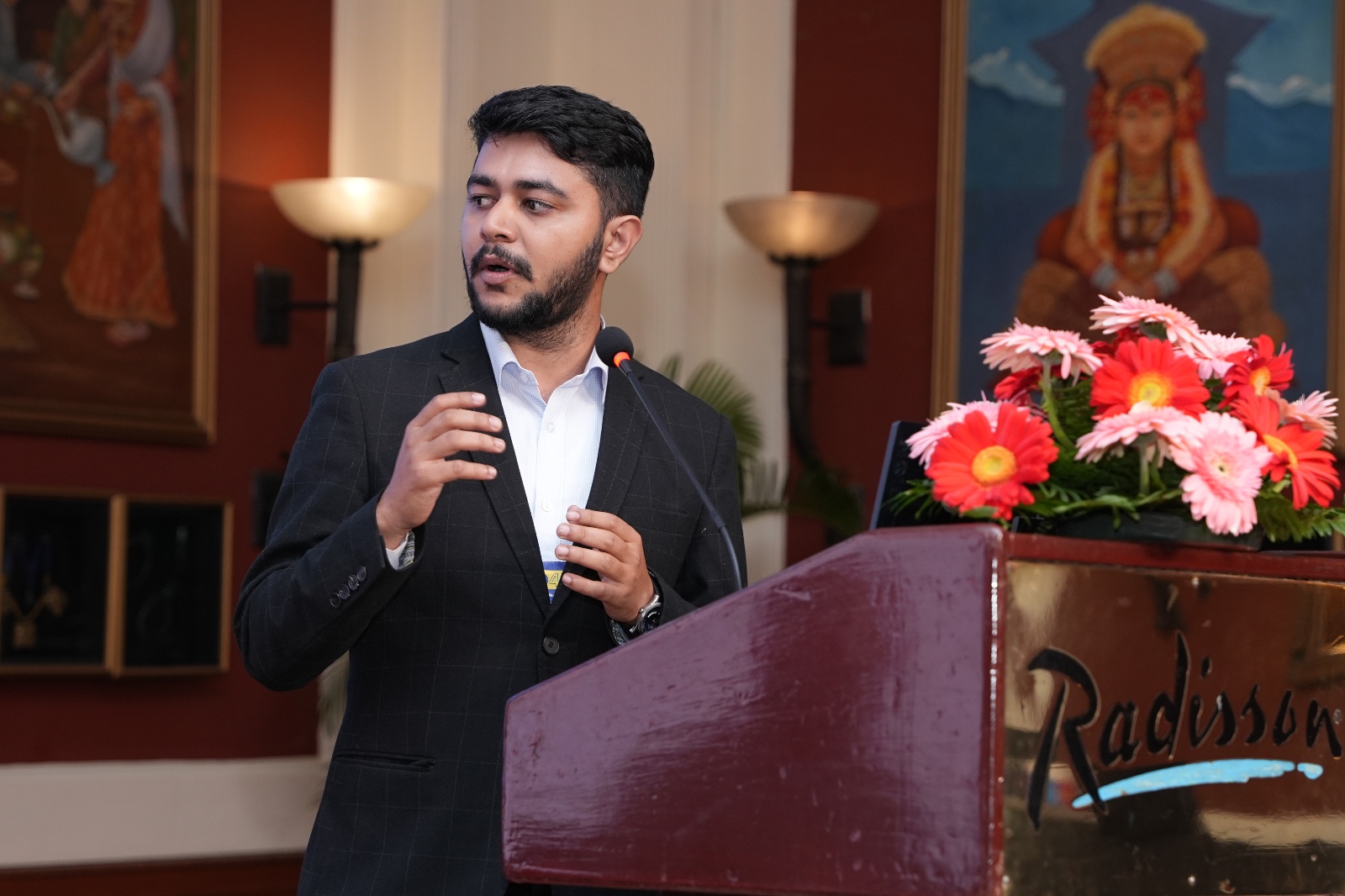Mass media means technology that is intended to reach a mass audience, which is the primary means of communication used to reach the vast majority of the general public. Society is the wave of human relationship. Media is created for mass and by itself, for the exchange of information.
There are many perspectives which explain the relationship between media and society. According to Denis McQuail the theoretical perspectives on the relation between media and society are discussed below:
I. Mass society theory
A form of society theoretically identified as dominated by a small number of interconnected elites who control the conditions of life of the many, often by means of persuasion and manipulation. This theory proposed that media are centralized and transmit the information in a one-way approach to the public in a way that the public need to depend on media for identity. The contents of media are to serve the power holders rather than forwarding critical alternative perspectives. Example: There was a headline in many media that, Mr. Prachanda's wife was taken to the USA for treatment but the media never displays the many people who had died of small diseases in some remote areas as a headline.
II. Marxism and political economy theory
This theory says that there are two classes in society: one that owns and controls the mass media (capitalists) and another that consists of the general public (customers). Few hands control the media according to their interests, whereas the opposition and marginalized voices are suppressed. Commercial media sell the potential audience to their clients through advertisements. Similarly, media are part of the economic system, which is directly related to politics, and again political power is also handled by those capitalists. Example: According to businessinsider.com, six corporations control 90% of the media in America.
III. Functionalism theory
Functionalism sees media as one of the systems contributing to maintaining order, control, and harmony in society. Media is a demand of society, and people expect information, co-relation, continuity, entertainment, and mobilization from the media. By responding to the demands of individuals and institutions in consistent ways, media achieve unintended benefits for society as a whole. Functionalism classifies useful effects as functional and harmful effects as dysfunctional. Example: Social media and its applications are now accepted as a lifestyle by many people worldwide, and it would be difficult for us to live without social media.
IV. Social constructionism theory
This theory explains that society is constructed where media provides materials for the construction of reality. Those materials provided by the media can be accepted or rejected depending on the individual, but media selectively reproduces certain meanings to try to create reality. The contents of media are subjective rather than objective, and every individual encodes and decodes materials differently. Example: The case of Santoshi Mata, which was a television series, where people started to worship Santoshi Mata due to the effects of the series.
V. Communication technology determinism theory
Communication is the foundation of society, which greatly influences media and society. Over time, we can see that the speed, dispersion, reach, and flexibility of media have widened and grown with technology, where each technology is tilted towards particular communication forms, contents, and uses. Each time, there exists dominant technology that determines the direction of media and society. Example: We depend on social media for various tasks, from kitchen matters to global communication, making it the dominant technology today.
VI. The information society theory
The postindustrial society emphasizes a service sector economy over manufacturing and agriculture, depending heavily on information. Theoretical knowledge becomes the basis of wealth, with the production and distribution of information, especially using complex computer-based technologies. Information is centrally controlled but can reach every corner quickly. The interconnectedness of information enhances globalization. Example: The U.S. controls the GPS system, which is widely used by individuals in daily life.
We can’t deny that mass media is a means of exchanging information in today’s world. Media are necessary instruments for understanding the world and operating our society, despite the various perspectives. All perspectives have merit, but I prefer to examine the relationship between media and society from the perspective of Marxism and political economy theory. There is evidence that elites control media to their benefit. According to businessinsider.com, in 1983, 90% of American media was owned by 50 companies, but by 2011, only six companies owned 90% of American media. This clearly shows that capitalists control media for their benefit rather than giving voice to the voiceless.
Refrences
McQuail, Denis (2011). Mass Communication Theory (6th edition). India: Sage Publication Ashley Lutz, (2012, June 14), These 6 Corporations Control 90% Of The Media In America Retrieved from: https://www.businessinsider.com/these-6-corporations-control-90-of-the-media-in-america-2012-6


